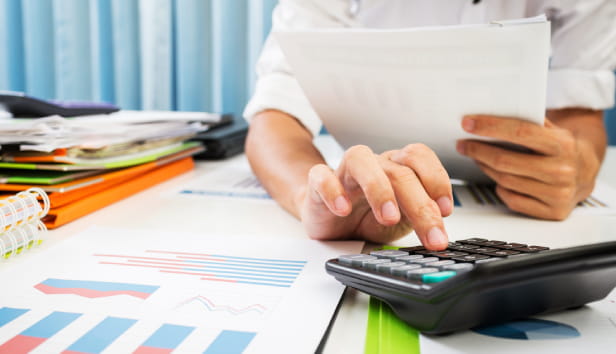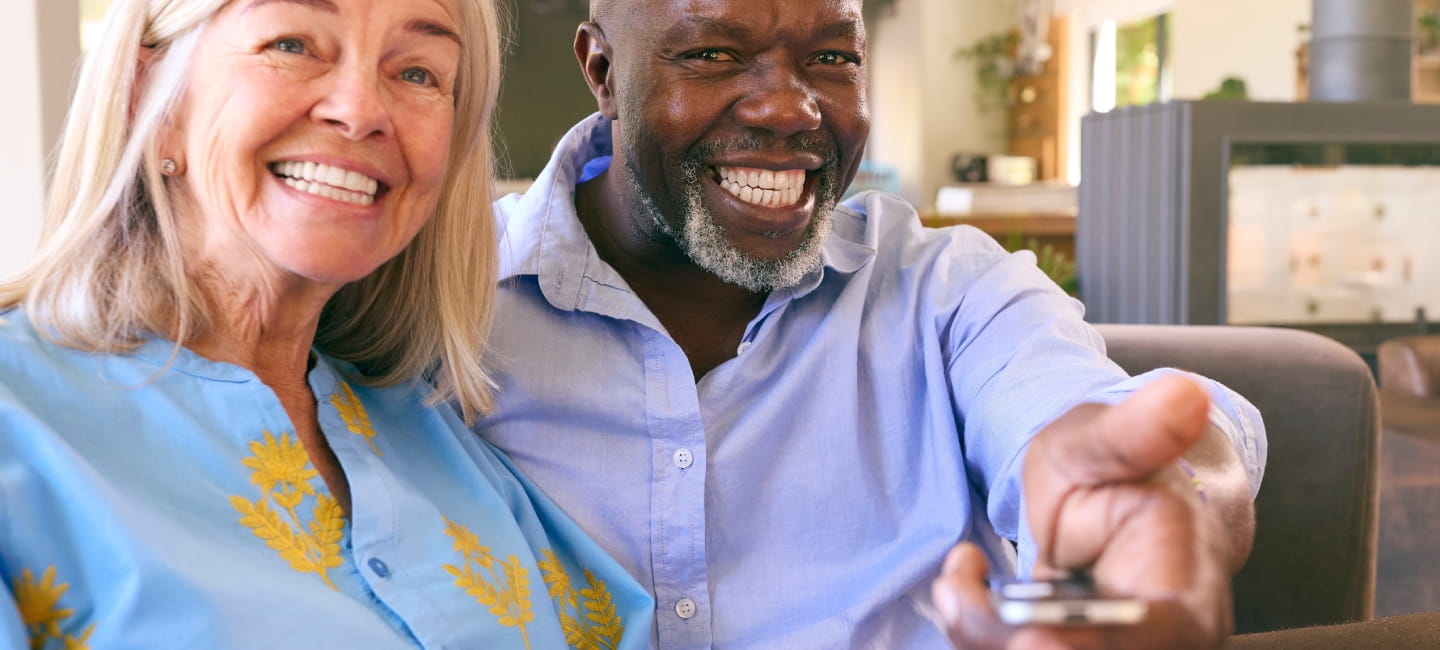
Gone are the days when there were only three channels on a black and white telly; now you can choose from more than 450, along with a huge number of shows on demand.
But if you want to watch live TV, you’ll very likely need a TV Licence – and with greater choice comes increased cost. The combined TV and Radio Licence only cost £2 a year (£70 in today’s money) when it was introduced in 1946.
Since 1 April 2024, a standard colour license now costs £169.50 each year (or £57 if you’ve still only got your black and white set) – if you need one, it's an extra cost to factor in when setting your budget.
If you remember the adverts from the ‘70s and ‘80s about TV detector vans, you’ll probably shudder at the thought of not having a TV Licence.
But as prices rise and streaming services fight ‘traditional’ TV for our eyeballs, searches for ‘Do I need a TV License?’ have been steadily increasing – and it’s important to understand when you do and don’t need to pay for one, as getting it wrong can lead to a hefty fine.
A TV Licensing spokesperson told us: “A TV Licence is needed to watch live content on streaming services, watch or record a TV programme on any channel and when using BBC iPlayer.”
You still need a TV Licence if you watch your favourite shows on your laptop, tablet or smartphone - if you're watching live TV, you need a licence.
If you only ever watch Blu-Rays or DVDs and don’t ever view TV broadcast live, or, equally, you only watch on-demand streaming services such as Netflix, Apple TV or Amazon Prime Video (and you don’t access live TV on them) you don’t need a TV Licence.
But things are changing – some on-demand streaming services are starting to show live TV and will therefore require a licence if you watch – so even if you’re spending a healthy amount each month to subscribe to these, you may still need to pay for a TV License.
Research from Ofcom, in its Media Nations 2023 survey found that, of those who watched more than five hours of linear (broadcast live) TV a day, 77% were viewers aged 55 and over.
Live TV doesn’t just mean live events – such as news bulletins and sport – being broadcast as they’re filmed. Or Goren, Editor and Founder of TV cord-cutting site Cord Busters, explains:
“Even for someone like me, who deals with this every day, the rules can be confusing. The way we define live TV isn’t what it used to be,” he says.
“Simply put, it’s not just anything that’s happening right now, it’s TV that’s being broadcast live.”
That doesn’t just mean watching through the traditional broadcasting channels – you could be viewing programmes that are shown live through an online streaming service.
You’ll find such broadcasts on platforms that you might already be paying for each month, such as Now TV, ITVX and Sky Go.
As mentioned, Amazon Prime Video has started showing live football and tennis in recent years, and Netflix has aired live comedy specials – with plans to broadcast a live boxing match between Mike Tyson and Jake Paul in November, so you’d need a TV Licence to watch that too.
“If a streaming service is broadcasting live, make sure you have a licence to watch those elements,” advises Goren. “The simple rule is if you watch anything that’s live – as in it’s being broadcast right now – you do need a licence.”
Don’t forget YouTube, either. “YouTube becomes even more complicated because you have a lot of live broadcasts, but it depends on where they’re coming from,” says Goren.
“You won’t need a TV Licence to watch a creator broadcasting from their lounge, but you do if, for example, you watch a livestream from Sky News or any other TV station.”
In summary: you don’t need a TV Licence if you only watch non-live content, such as on DVD or streamed or downloaded from on-demand services (apart from BBC iPlayer).
.jpg?sc=max&mw=800&h=450&la=en&h=731&w=1300&hash=C226FDB1B667D7C3CBB4CD965A0E0AE6)
No matter how many TVs you have, you only need one licence per household, but if you have an annexe, which is self-contained, you’ll need to pay for a separate licence.
You’ll also need a licence to watch in a second, or holiday, home, but you’ll save money if you’re in a static caravan or mobile home.
If you fill in a declaration form to confirm nobody is watching TV at your main residence, you’ll stay covered by your home licence.
And if you have kids heading off to university, your licence won’t cover them, so they’ll need to make their own arrangements in their halls of residence or shared house.
If you’re still wondering whether you need a TV Licence in your specific situation, the official TV Licensing page answers many questions that people ask.
And if you think your situation means you're exempt from needing a licence, it’s important to let TV Licensing know. You'll then need to go through a questionnaire to confirm that you don’t need to buy a licence.
All over 75s could get a free TV Licence until 2020, but now that only applies if you (or someone you live with) is claiming Pension Credit.
Alternatively, if you’re retired and are over 60 or disabled, and live in sheltered accommodation or a residential care home, you can get a TV Licence for just £7.50. Your housing manager should be able to tell you if you’re eligible and apply for it on your behalf.
There’s also a 50% discount if you’re blind or severely sight impaired.
You can also spread the cost of your TV Licence with the Simple Payment Plan, which offers more flexibility if you struggle to pay for the licence at certain points of the year, allowing you to manage your payments.
Simon Trevethick, Head of Communications at debt charity StepChange, says: “Some people who pay on a weekly or monthly basis for their TV Licence may fall into arrears.
“If this happens, the first thing to do is contact an independent debt advice charity and work out a budget, assessing your income versus your expenditure and where you can make savings towards paying off debts.
“Your TV Licence bill is a priority debt, as non-payment is a criminal offence. If you are found to be watching BBC channels, iPlayer or live content while you don’t have a TV Licence, you could be fined up to a maximum of £1,000 plus court fees.”

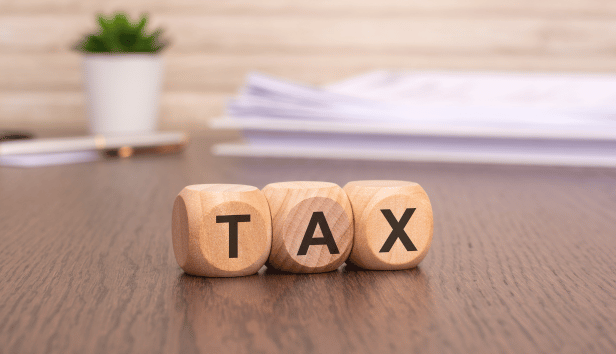

.jpg?la=en&h=650&w=1440&hash=D2D232A61FCEAEBDC0D69D8AE38E8E41)
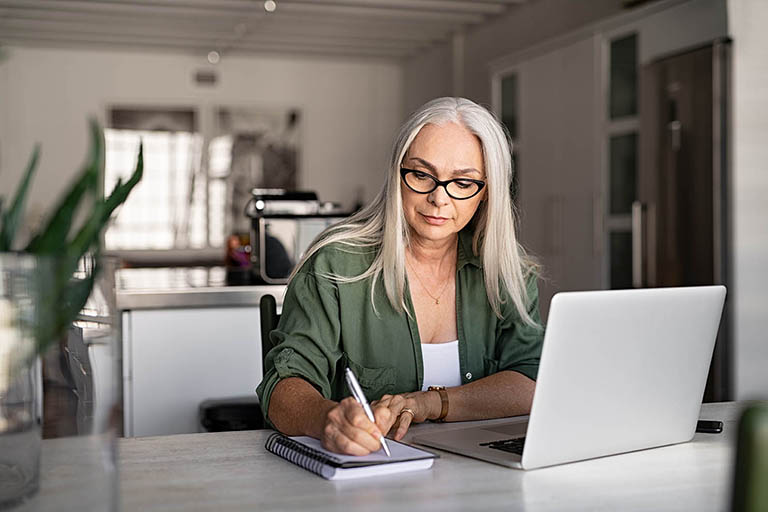
Discover our easy ways to take control of your finances, from doing your tax return to assessing your savings.

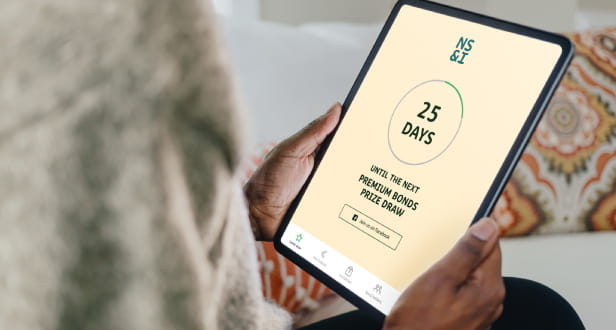

.jpg?la=en&h=354&w=616&hash=1254A3F816E81965A47EA68E3AEC9F7A)
